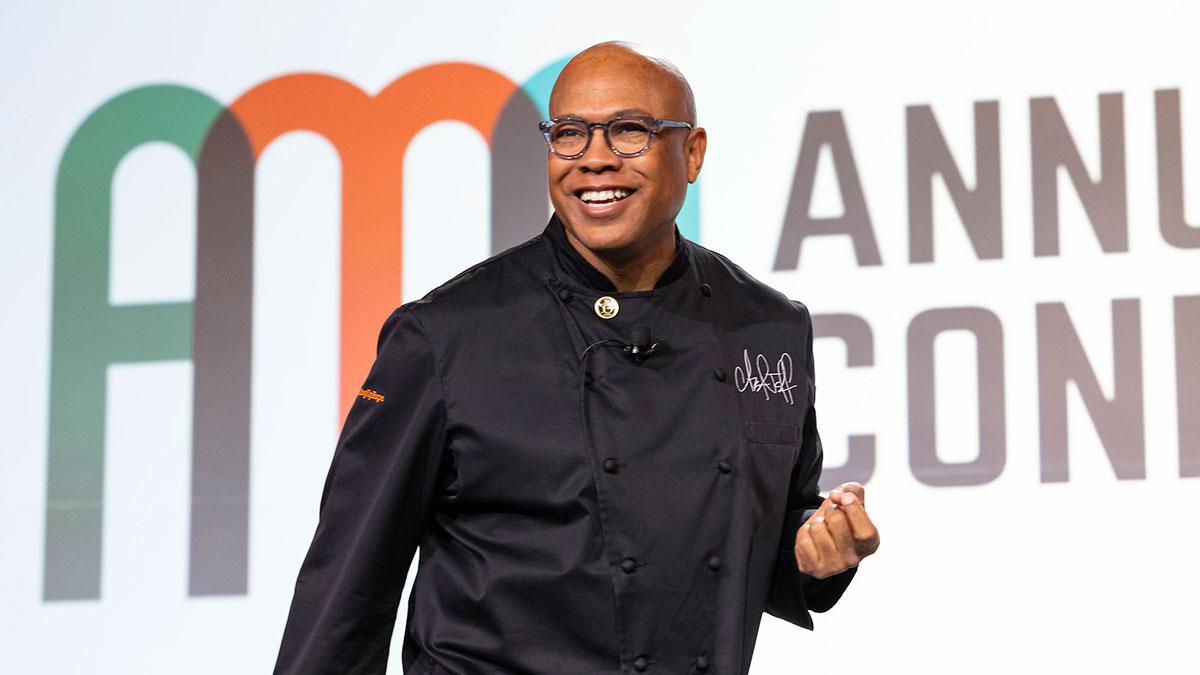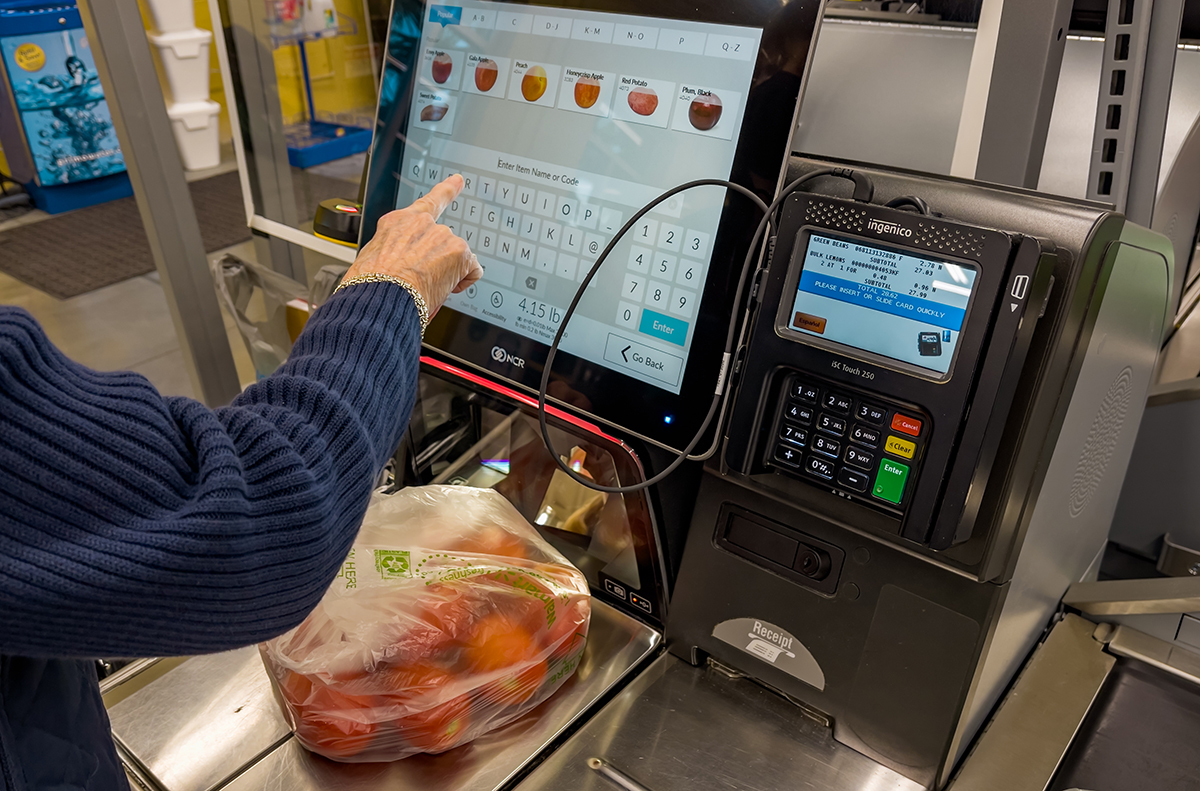By David Fikes, Vice President, Communications and Consumer/Community Affairs, Food Marketing Institute
Without a doubt, we are knee deep in the age of radical personalization, with consumers anticipating food retailers’ ability to know and serve each customer’s shopping preferences regarding cost, convenience, taste, experience, health and wellness, food safety and social responsibility positioning. The escalating level of knowledge that retailers need to have about their customer base means three things for consumer research: 1) It is more important than ever, 2) it needs to be instantaneous, and 3) the traditional ways of clustering research data along established demographic lines must be reassessed and revised because these classifications, by their very nature, fly in the face of the word ‘personalized.’ Or as one millennial proclaimed to me following a trends presentation, “No two of us are alike, so quit talking about us as if we’re a monochromatic mass.” She was right -- where personalized service is expected, demographic classifications must be reclassified. This personalized thinking is touching every aspect of FMI’s consumer affairs activities. Here are three ways personalization has been intertwined into consumer affairs at FMI:
1. Issue Management
The consumer expectation for personalized attention is influencing the number and the diversity of customer concerns that FMI members are being asked to address. The topics covered in our monthly calls with the Communications and Consumer Affairs Council, and through our issue alerts, reflect the diversity of subjects that are potential areas of customer inquiries. A sampler of issues covered includes: glyphosate, gene editing and CRISPR technology, International Labor Rights Forum’s Taking Stock report, the endangered Vaquita porpoise, animal antibiotics, standard of identity concerns with plant-based milk and numerous animal welfare topics.
2. Unified Voice and Consumer Attitudes Regarding Sustainability Related Poultry Practices
The pilot program of FMI’s Unified Voice Protocol brought together the FMI Foundation, the Animal Agriculture Alliance and the Foundation for Farm and Agriculture Research to fund research exploring consumer attitudes, perceptions, beliefs and willingness-to-pay for the sustainability related poultry practices of cage-free eggs and slow-growth broilers. Jayson Lusk, Ph.D., a food and agriculture economist at Purdue University, lead a research team conducting two separate online studies at the end of 2017. The findings – available to all FMI members - provide important data for two groups of food retail companies: 1) those who have made a commitment regarding the sale of cage-free eggs or slow growth broilers and seek benchmarks to evaluate those commitments and 2) those considering making a commitment regarding the sale of cage-free eggs or slow growth broilers.
3. 2018 Community Outreach Award Winners
The oft-unspoken work that supermarkets quietly perform in support of their local communities is a proud and accepted part of what it means to be a food retailer. This role of community leader becomes more obvious in times of crisis and natural disasters when neighborhoods turn to their local grocery for more than food but come to see their food retailer as a beacon of resiliency, shining with the hope of a return to normalcy. FMI celebrates this respected community service aspect of the industry with our community outreach awards. We proudly salute our 2018 winners:
Youth Development Program Award Winner
Greer's, Apples for the Students
Apples for the Students provides educational supplies (from pencils to printers) to schools at no cost to them. Since its inception by Greer’s, 52 schools that have received free educational equipment because of Greer's. Greer's donated $60,500 toward school supplies/equipment in 2018 alone.
Neighborhood Health Improvement Award Winner
Albertsons Companies, Eating Healthy With Diabetes
Eating Healthy With Diabetes is a grocery store tour offered at no cost and led by a locally registered dietitian and an in-store pharmacist. The program is on-track to conduct more than 300 tours, with an average tour size of 8-10 individuals. Many Albertsons dietitians partnered with government programs and community groups on the tours.
Program Addressing Hunger Winner
Hy-Vee, Inc., Hy-Vee Food and Beverage Distribution in Wake of 2018 Tornadoes
In response to major tornado damage across several Iowa communities on July 19, 2018, Hy-Vee donated meals, snacks and beverages to impacted residents and emergency workers. From Hy-Vee’s efforts, more than 20,000 individuals benefited from food assistance and Hy-Vee distributed 111,000 bottles of water across various communities. The total value of donations provided by Hy-Vee equated to approximately $200,000.
“People’s Pick” Social Media Award Winner
BriarPatch Food Co-op, Hospitality House Culinary Program
Hospitality House is a community effort to help homeless Nevada County residents get back on their feet. BriarPatch Food Co-Op offered to fund their culinary job-training dinners by providing farm-fresh ingredients for meals that culinary students create for shelter guests. Students make dinner for the 54 men, women and children staying at the shelter, and they learn to consider costs while planning a balanced, nutritious meal.


 Industry Topics address your specific area of expertise with resources, reports, events and more.
Industry Topics address your specific area of expertise with resources, reports, events and more.
 Our Research covers consumer behavior and retail operation benchmarks so you can make informed business decisions.
Our Research covers consumer behavior and retail operation benchmarks so you can make informed business decisions.
 Events and Education including online and in-person help you advance your food retail career.
Events and Education including online and in-person help you advance your food retail career.
 Food Safety training, resources and guidance that help you create a company food safety culture.
Food Safety training, resources and guidance that help you create a company food safety culture.
 Government Affairs work — federal and state — on the latest food industry policy, regulatory and legislative issues.
Government Affairs work — federal and state — on the latest food industry policy, regulatory and legislative issues.
 Get Involved. From industry awards to newsletters and committees, these resources help you take advantage of your membership.
Get Involved. From industry awards to newsletters and committees, these resources help you take advantage of your membership.
 Best practices, guidance documents, infographics, signage and more for the food industry on the COVID-19 pandemic.
Best practices, guidance documents, infographics, signage and more for the food industry on the COVID-19 pandemic.
